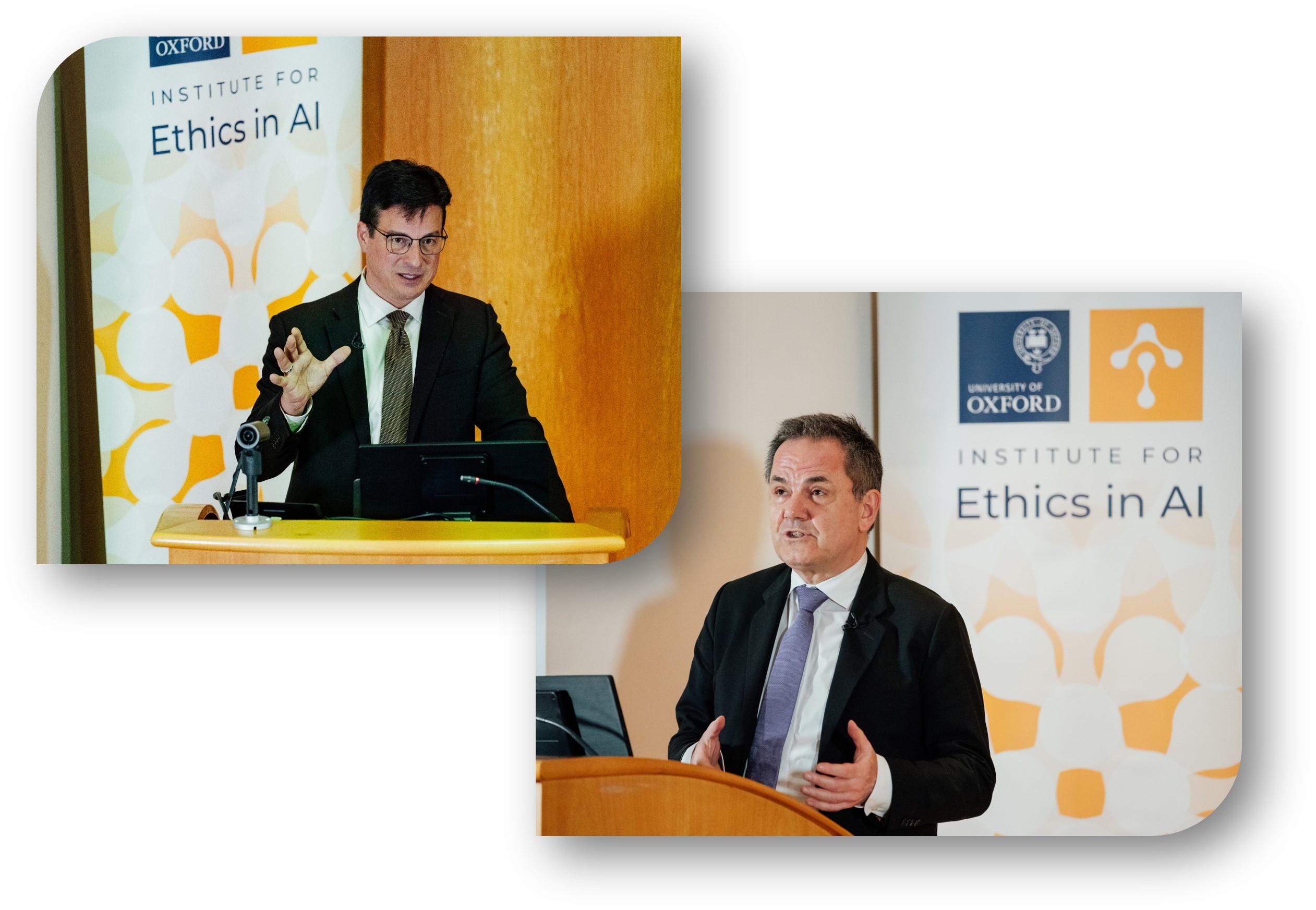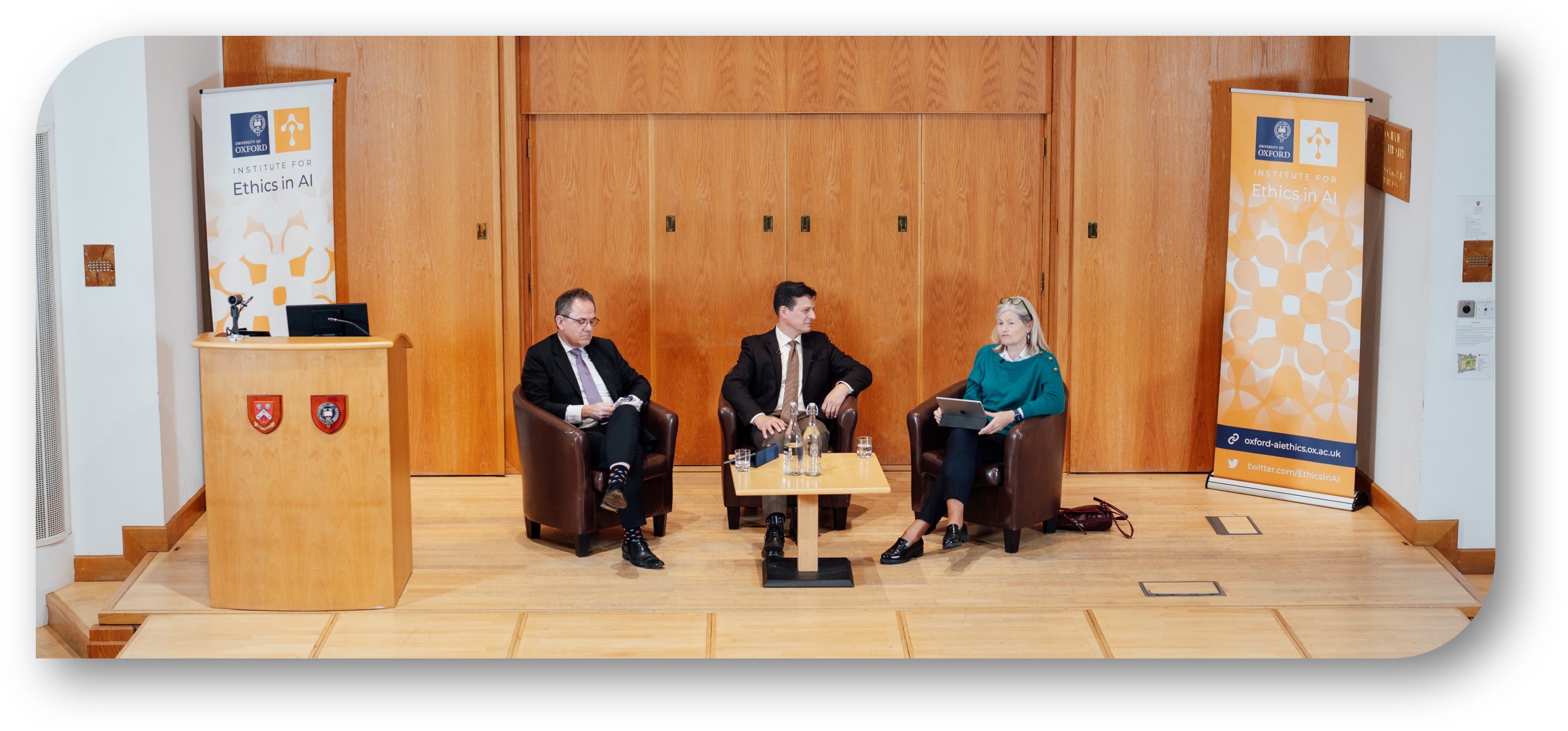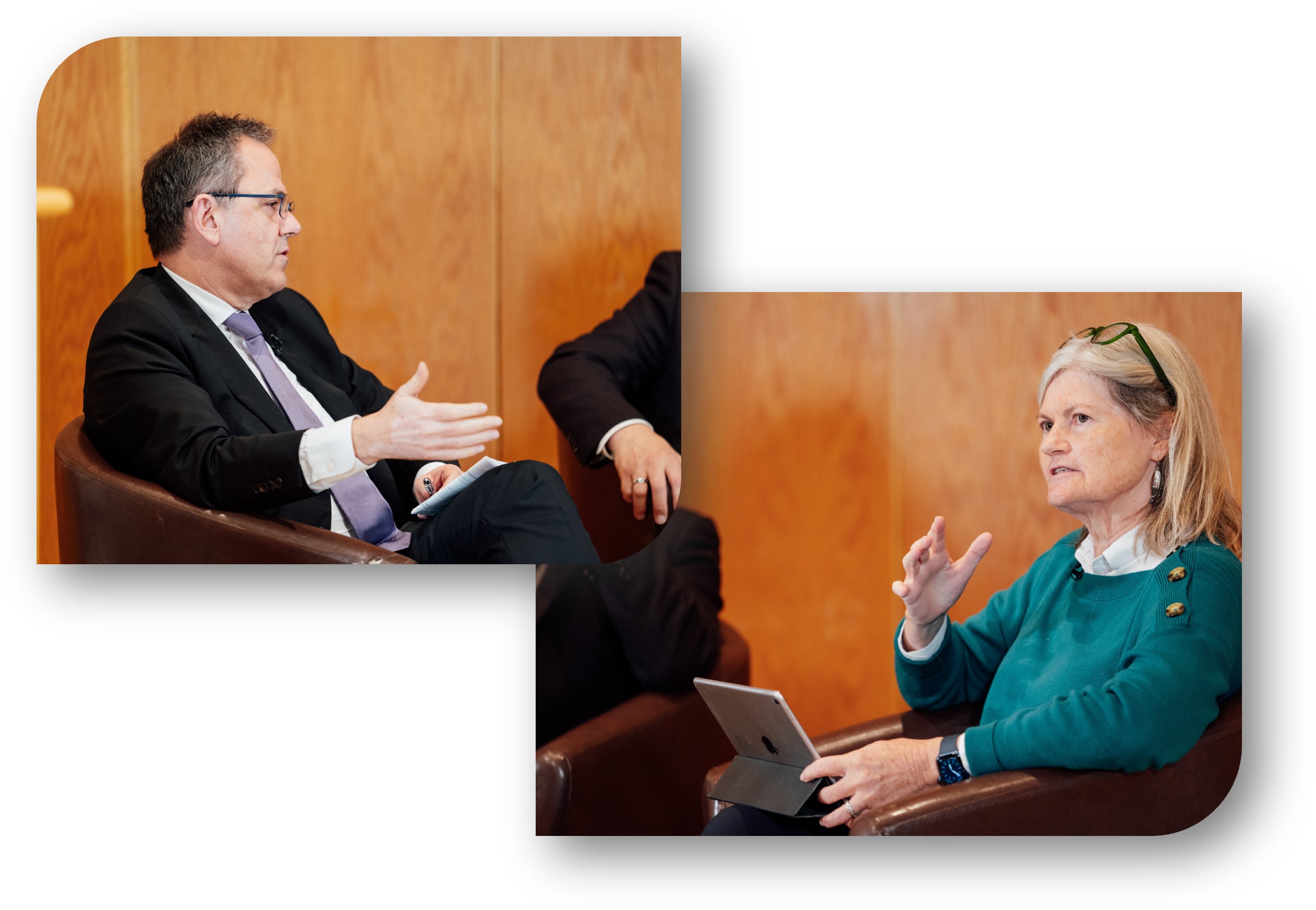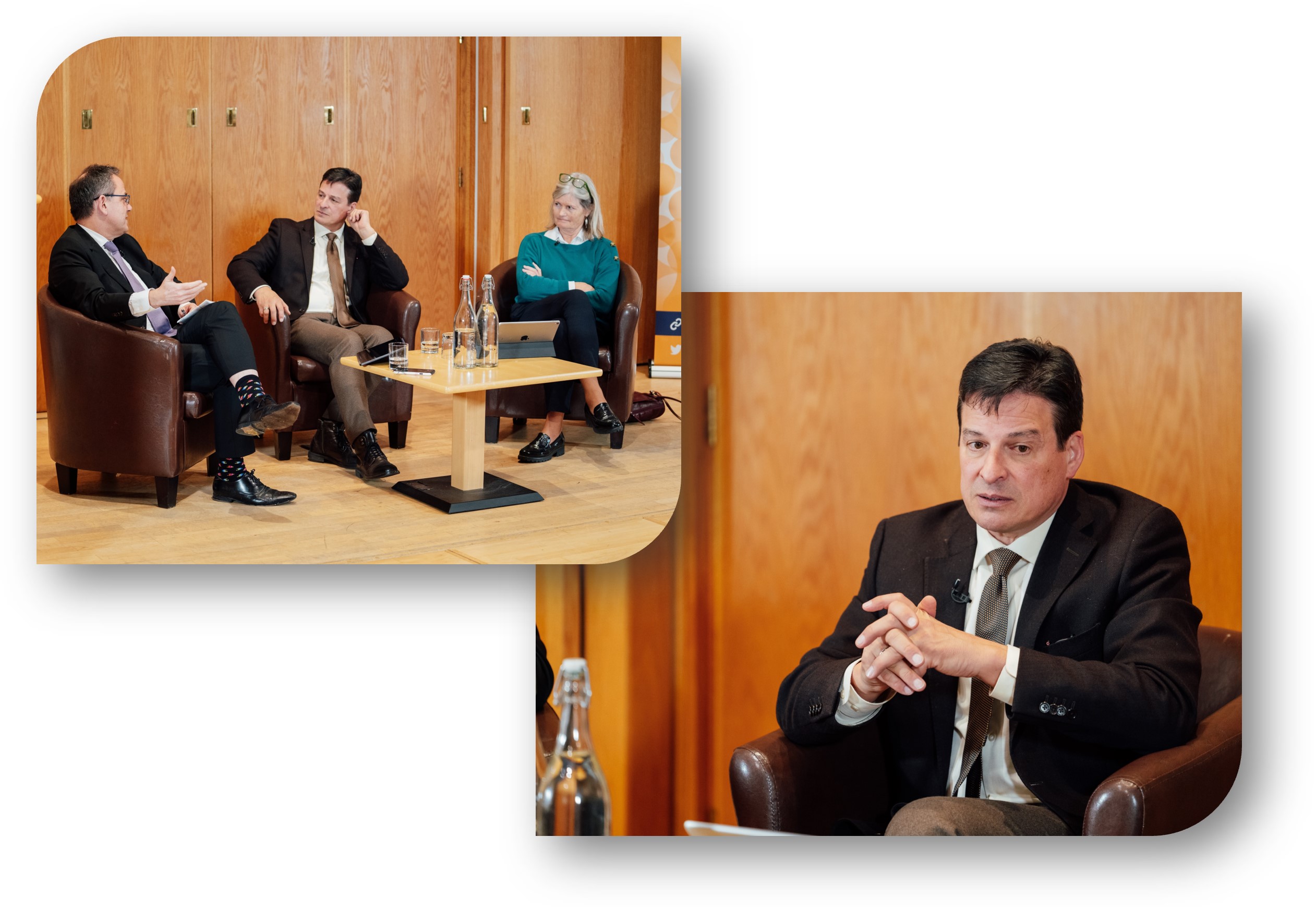
Professor Carozza's address engaged directly with these doubts. He argued that, while applying a rights-based framework may be helpful and perhaps even essential for the Board to reach appropriate decisions, it cannot be their sole basis. Professor Carozza argued that human rights have many obvious virtues relevant to decisions about content moderation. Firstly, embracing human rights places the value of the inalienable dignity of all people at the heart of the Board's decisions. Secondly, the global appeal of human rights, together with their claim to universality, makes it an apt reference point for a body with a global reach. Thirdly, it connects the work of the board with the wider ecosystem of norms, institutions and stakeholders, with whom it shares its vocabulary and ways of reasoning, making the Board's decisions more transparent and understandable to a wider audience.



